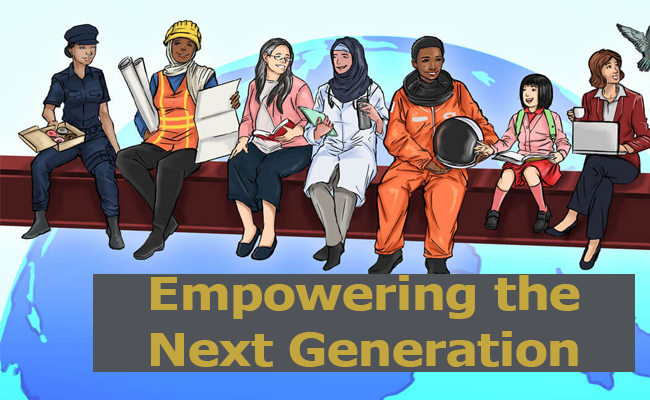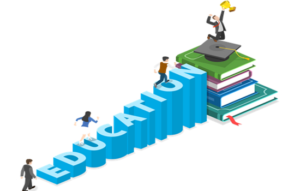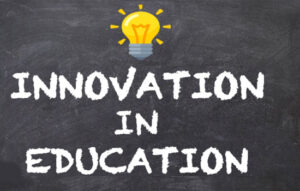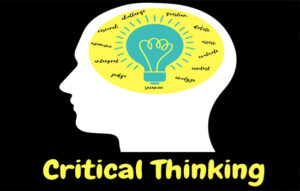The Role of Sports and Fitness: Achieving Balance at Nabeesa Ammal
In today’s fast-paced world, maintaining a balance between our physical and mental well-being is crucial for leading a fulfilling life. This balance is particularly vital for young individuals, and institutions like Nabeesa Ammal recognize the profound impact that sports and fitness activities can have on overall development.
Physical Health and Fitness
One of the most evident benefits of sports and fitness activities is their impact on physical health. Regular exercise helps in maintaining a healthy body weight, reducing the risk of chronic diseases, and building a strong cardiovascular system. At Nabeesa Ammal, physical health is prioritized through a variety of sports programs that cater to different interests and abilities. From basketball to swimming, students have the opportunity to engage in activities that not only keep them physically fit but also teach them valuable skills such as teamwork, discipline, and time management.
Mental Health and Stress Reduction
While physical health is essential, mental health is equally crucial. Adolescence can be a challenging time, with academic pressures, social dynamics, and personal growth all coming into play. Engaging in sports and fitness activities can provide an excellent outlet for students to manage stress and anxiety. Exercise releases endorphins, which are natural mood lifters, and it helps in reducing the symptoms of depression. Nabeesa Ammal recognizes the significance of mental health and provides students with a holistic approach to well-being by incorporating sports and fitness into their daily routines.
Teamwork and Social Skills
Participating in team sports teaches students valuable life skills. It fosters teamwork, cooperation, and the ability to work harmoniously with others towards a common goal. These skills are not only relevant in sports but also in the real world. Nabeesa Ammal’s sports programs create an environment where students learn the importance of communication, trust, and leadership. These skills become the building blocks of their future success, both academically and professionally.
Time Management and Discipline
Balancing academic responsibilities and extracurricular activities like sports requires effective time management and discipline. Nabeesa Ammal emphasizes these essential life skills. By juggling their studies and sports commitments, students learn how to prioritize tasks, manage their schedules efficiently, and develop a strong work ethic. These habits will serve them well in their future careers and personal lives.
Healthy Habits for Life
The sports and fitness programs at Nabeesa Ammal aim to instill healthy habits that will last a lifetime. When students are exposed to a variety of physical activities, they are more likely to find something they enjoy and continue it into adulthood. This sets the foundation for a healthy lifestyle, reducing the risk of lifestyle-related diseases in the future. By promoting regular physical activity, Nabeesa Ammal ensures that its students are equipped with the tools they need to lead long, healthy lives. Building Self-Confidence Participating in sports and fitness activities can significantly boost a student’s self-confidence. As they set and achieve goals, overcome challenges, and see improvements in their physical abilities, they develop a sense of pride and self-worth. This confidence extends beyond the playing field and positively impacts their academic performance, relationships, and overall well-being. Nabeesa Ammal understands the transformative power of self-confidence and encourages students to explore their potential through sports and fitness.
Conclusion
In conclusion, sports and fitness play a pivotal role in achieving balance in the lives of students at Nabeesa Ammal. These activities contribute to physical health, mental well-being, and the development of essential life skills. By embracing a holistic approach to education that includes sports and fitness, Nabeesa Ammal prepares its students not only for academic success but also for a healthy, confident, and fulfilling future. This commitment to overall well-being sets Nabeesa Ammal apart as an institution that truly cares about the holistic development of its students.







